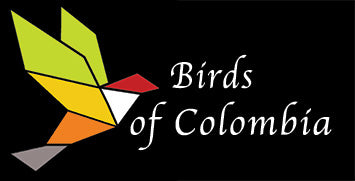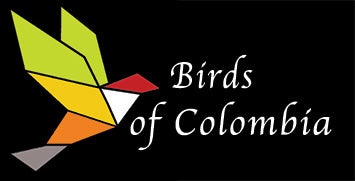Cotorra Cabeciparda
Brown-hooded Parrot
Pyrilia haematotis
Song
Brown-hooded Parrot
Appearance: The Brown-hooded Parrot has a green plumage with a brownish-red hood extending from the forehead to the nape of the neck. It has a red patch on the shoulders and a yellow patch on the bend of the wing. The bill is black and the legs are grey.
Habitat: The Brown-hooded Parrot is found in humid forests, including tropical lowland forests and foothills. They can also be found in forest edges and clearings.
Behavior: These parrots are social birds that are often seen in small flocks. They are known for their loud, raucous calls and are active during the day, feeding on fruits, seeds, and nuts.
Breeding: Brown-hooded Parrots nest in tree cavities and typically lay 2-4 eggs. Both parents take turns incubating the eggs and feeding the chicks.
Conservation: The Brown-hooded Parrot is listed as Near Threatened by the IUCN.
Distribution
Amazon Region: They are most commonly found in the departments of Amazonas, Putumayo, Caqueta, and Meta. They prefer to inhabit humid and dense forests, where they feed on fruits, seeds, and insects.
Estern Plains: Guaviare, Meta, Guyana, Vichada, and Vaupes
Taxonomy
The Brown-hooded Parrot (Pyrilia haematotis)
- Kingdom: Animalia
- Phylum: Chordata
- Class: Aves (Birds)
- Order: Psittaciformes
- Family: Psittacidae
- Genus: Pyrilia
- Species: Pyrilia haematotis
Vocalization
Contact Calls: To maintain contact with their flock members when they are flying or foraging in dense foliage.
Alarm Calls: To alert others of potential danger or threats in the area.
Courtship Calls: Used by males to attract a mate or by pairs to strengthen their bond.
Begging Calls: Used by chicks when they are hungry and want to be fed by their parents.





